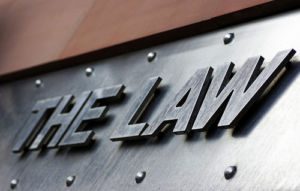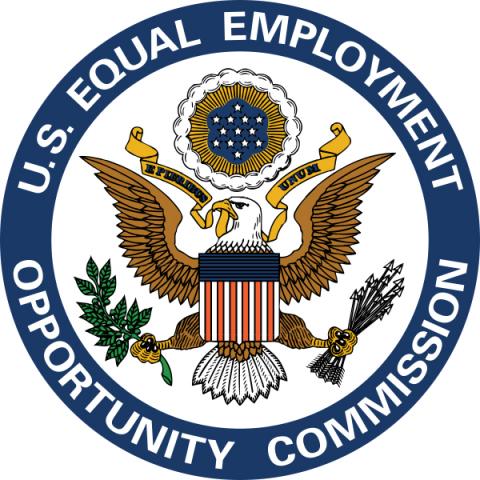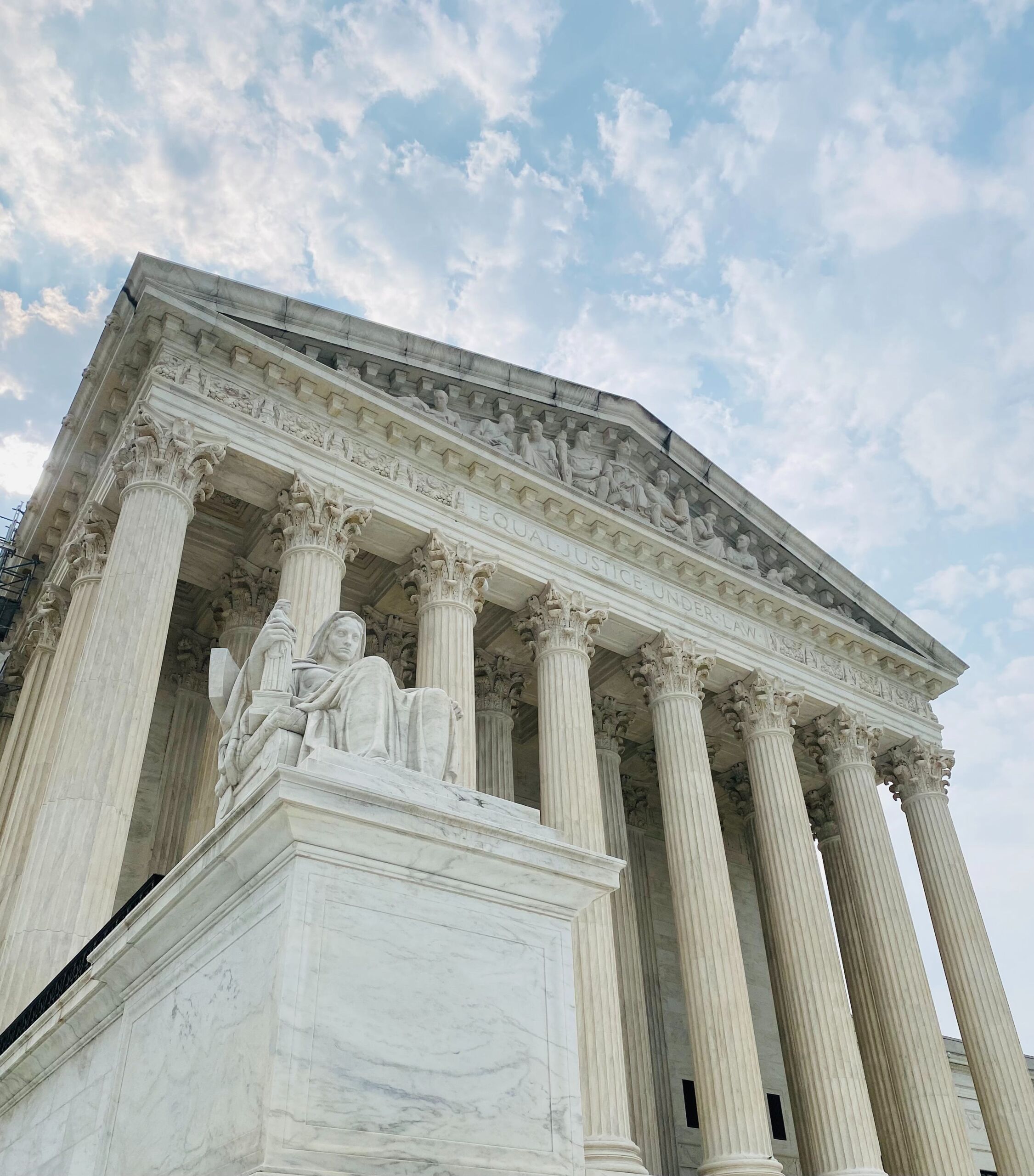 Many people have heard of Title VII of the Civil Rights Act of 1964, the federal law that prohibits employers from discriminating against employees based on their race or sex and that protects your rights as an employee. But if you work or do business in Washington, D.C., did you know that you’re subject to even more comprehensive antidiscrimination laws and protections, namely, the D.C. Human Rights Act of 1977 (DCHRA)?
Many people have heard of Title VII of the Civil Rights Act of 1964, the federal law that prohibits employers from discriminating against employees based on their race or sex and that protects your rights as an employee. But if you work or do business in Washington, D.C., did you know that you’re subject to even more comprehensive antidiscrimination laws and protections, namely, the D.C. Human Rights Act of 1977 (DCHRA)?
Here’s what you need to know about this important law.
Overview of the DCHRA
 The DCHRA ensures that every individual in D.C. has an equal opportunity to enjoy “all aspects of life,” including housing, public accommodation, education—and most importantly for our purposes—equal employment, job training, and job advancement.
The DCHRA ensures that every individual in D.C. has an equal opportunity to enjoy “all aspects of life,” including housing, public accommodation, education—and most importantly for our purposes—equal employment, job training, and job advancement.
Under the DCHRA, employers cannot discriminate against a worker based on any of 15 protected statuses, even if the discrimination is only part of the reason for their employment decision. This protects workers in decisions about hiring, firing, payment and benefits, promotions (though an actual seniority system is acceptable), referrals, job training, and apprenticeship. The DCHRA also makes it unlawful to coerce or threaten anyone not to file a complaint or to retaliate against anyone for making a complaint.
There are some exceptions to these protections. For example, religious or political organizations are allowed to give preference to “persons of the same religion or political persuasion” if doing so promotes the principles that guide the organization.
Common Questions About the DCHRA
Here are the answers to five common questions about the DCHRA’s employment law protections.
1. Who is an “employer” under the DCHRA?
An employer under the DCHRA is simply anyone who pays an individual to do work. Immediate family members are excepted, as are “domestic servants” who work in the household. The DCHRA extends this definition to include anyone acting for an employer, ensuring that people can be sued as individuals if they violate a worker’s rights.
What if your company is based in D.C. or has an office in D.C. but you don’t work in or even visit the capital? This law can still protect you! The courts have ruled that discriminatory employment decisions that happen in D.C. are subject to the DCHRA, even if the affected employee doesn’t live or work there.
2. What traits are protected under the DCHRA?
The DCHRA is much broader than federal antidiscrimination laws. It protects a total of 19 actual or perceived traits, but only these 15 apply to employment:
- race,
- color,
- religion,
- national origin,
- sex (including gender, sexual harassment, and discrimination based on pregnancy, childbirth, related medical conditions, breastfeeding, and reproductive health decisions),
- age,
- marital status,
- personal appearance,
- sexual orientation,
- gender identity or expression,
- family responsibilities (including, but not limited to, dependent relationships with children, grandchildren, or parents),
- political affiliation,
- disability (including HIV/AIDS),
- matriculation (enrollment in higher education), and
- genetic information.
 Several of these protections are unusual, such as personal appearance and gender expression. “Personal appearance” is defined as a person’s outward appearance, including obesity, style of dress, and even hairstyle and beards! Employers are still allowed to have professional standards as long as they are applied equally to everyone and they further some legitimate business purpose. But employers cannot use a person’s clothing or hair as even one of the reasons they choose to pass someone over for a promotion or fire that employee.
Several of these protections are unusual, such as personal appearance and gender expression. “Personal appearance” is defined as a person’s outward appearance, including obesity, style of dress, and even hairstyle and beards! Employers are still allowed to have professional standards as long as they are applied equally to everyone and they further some legitimate business purpose. But employers cannot use a person’s clothing or hair as even one of the reasons they choose to pass someone over for a promotion or fire that employee.
3. When and where can an aggrieved employee file a claim?
The right to file a claim isn’t limited to employees. The DCHRA allows “any person or organization” who believes there has been either a specific instance of workplace discrimination, or a general pattern of such discrimination, to file a complaint with the Office of Human Rights. Employees can also file a claim directly in the D.C. Superior Court.
These complaints must be filed within a year of the occurrence or the discovery of the discrimination, so don’t delay if you think you have a case.
4. What damages can be recovered under the DCHRA?
A court finding employment discrimination under the DCHRA can grant “any relief it deems appropriate.” This includes any corrective action, like hiring, reinstating, or promoting the affected employees. Monetary penalties, including attorneys’ fees, litigation costs, and civil penalties, may also be ordered.
Additionally, one of the main advantages of the DCHRA over Title VII is that there is no limit on the compensatory damages recoverable. The court can order damages in any amount it finds “appropriate” to correct or compensate for unlawful discrimination. Courts can also give a successful plaintiff punitive damages, but only where the plaintiff successfully demonstrates actual malice or ill intent in the discrimination.
5. Is it easier to prove discrimination under the DCHRA?
While it used to be easier to establish discrimination under the DCHRA than Title VII, the differences between the actual enforcement standards for most claims are diminishing. Both laws now allow an employer to be held liable for actions that are taken in whole or in part due to discrimination. Remember, though, that the DCHRA protects more categories than Title VII. Additionally, it’s easier to prove a retaliation claim under the DCHRA, because employees who were retaliated against for making (or helping with) a complaint only need to show that the complaint was part of the reason they were retaliated against.
Summing It Up
The DCHRA gives D.C. employees the rights to equal employment, job training, and job advancement.
Under the DCHRA, an employer cannot discriminate against employees because of their race, color, religion, national origin, sex (including gender, sexual harassment, and discrimination based on pregnancy, childbirth, related medical conditions, breastfeeding, and reproductive health decisions), age, marital status, personal appearance, sexual orientation, gender identity or expression, family and caregiving responsibilities, political affiliation, disability, matriculation, and genetic information.
Employees, as well as anyone who believes there has been either a specific instance of workplace discrimination or a general pattern of such discrimination, can file a complaint within a year of the occurrence or the discovery of the discrimination either with the Office of Human Rights or in the D.C. Superior Court.
Successful plaintiffs can be hired, reinstated, or promoted, and they can also be eligible to receive a financial award, including compensatory damages to correct the discrimination, attorneys’ fees, litigation costs, and civil penalties.
The DCHRA provides significant protections for employees, but it can be difficult to work your way through the process alone. We’re here to help. Please contact us if you would like us to evaluate your situation and offer advice on the best course of action for your case.





